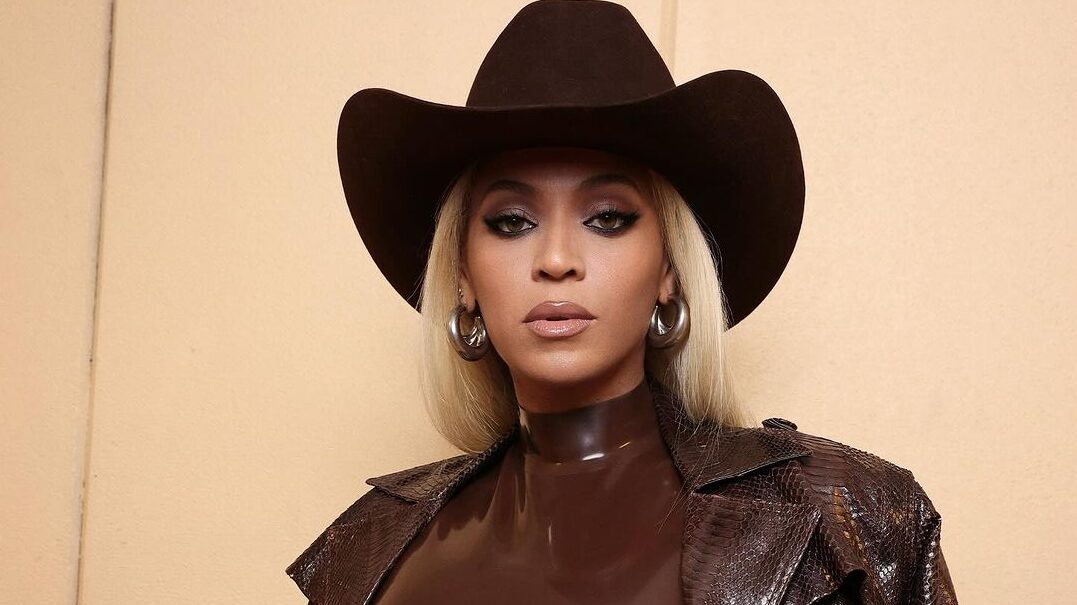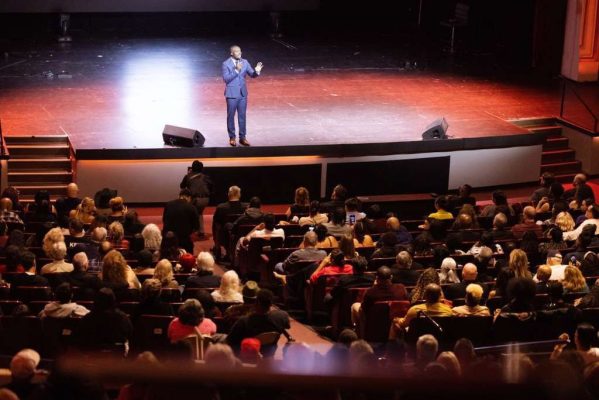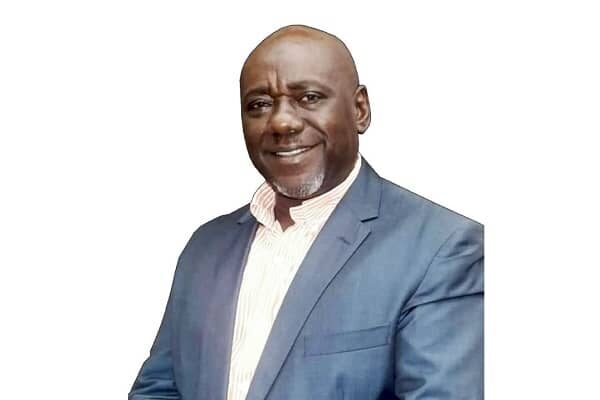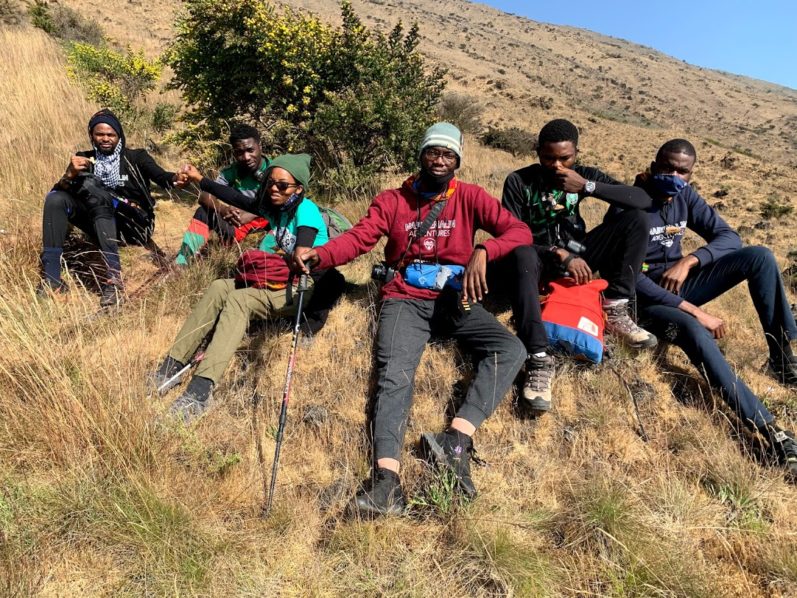
One country, one bag, one trip! Bags packed, gears checked, everything on the list ticked. We are set for the trip of a lifetime in the jungle of Cameroon. We are defiling every stereotype about how Africans or Blacks don’t enjoy daring adventures style of travel.
Among the first climbers to get to the summit of Everest was Edmund Hillary, it took 53 years later before Sophia Danenberg in 2016 reached the top of Mt. Everest. This was applauded and viewed as historical, as she was the first African in history to have climbed Everest. Now this tells the major story of an adventure gap.
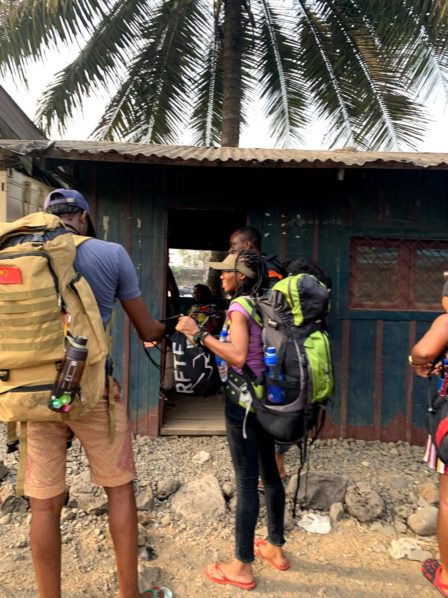
No doubt, we Africans are adventurous people! The post-colonial struggle to make a decent living and live comfortably has clouded the mind of so many that the lifestyle outside work has been made to be so narrow.
To begin, to most Nigerians the idea of backpacking is still strange and less known. So what’s backpacking and what does it entail?
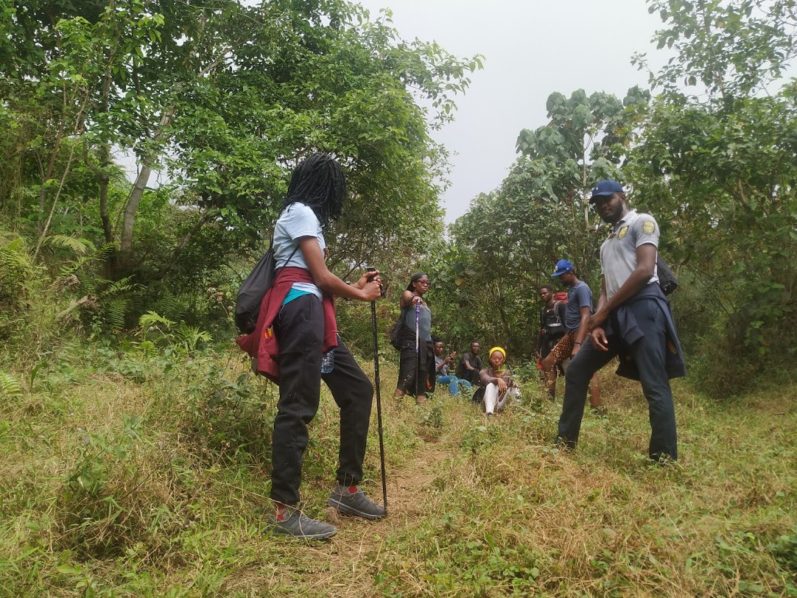
Backpacker travelling or tourism is usually a travel experience different from conventional. Generally, it is carrying one’s belongings all fitted in one backpack as opposed to a suitcase and travelling mostly via public transport or budget transportation, using inexpensive lodging such as hostels. It is also a longer duration trip when compared with conventional vacations, an interest in meeting locals and seeing sights.
You are bound to experience so many emotions in one trip; uncertainty – not knowing what to expect, anxiety – as the journey will keep going on and on and on, then the tiring bit- when climbing the mountain in the countryside and then you reach the top and get elated. It’s a memory to treasure.
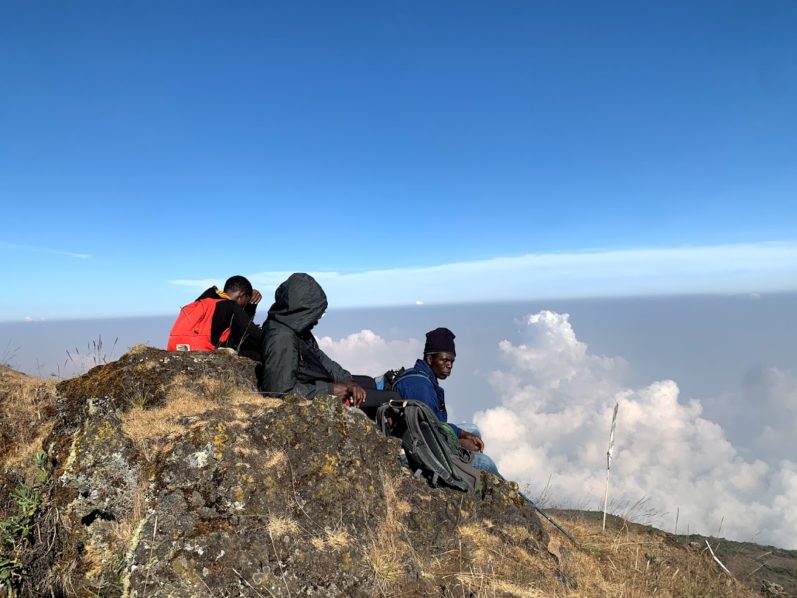
This style of travelling gives the traveller the chance to experience what we consider the “real” destination rather than a packaged version often associated with mass tourism. With proper planning, it’s pretty easy. First, get your 40-60 litres backpack ready.
Backpacking across African cities and rural areas is much more interesting. As you comb the borders, you get to see how cities gradually turn into villages then the countryside. In a rural village in Ghana, we danced with a cultural group into the New Year, the next day we took a hike into the deep jungle to see a waterfall and on the first day of January, we were at the top of the peak of Ghana-Mountain Afadja.
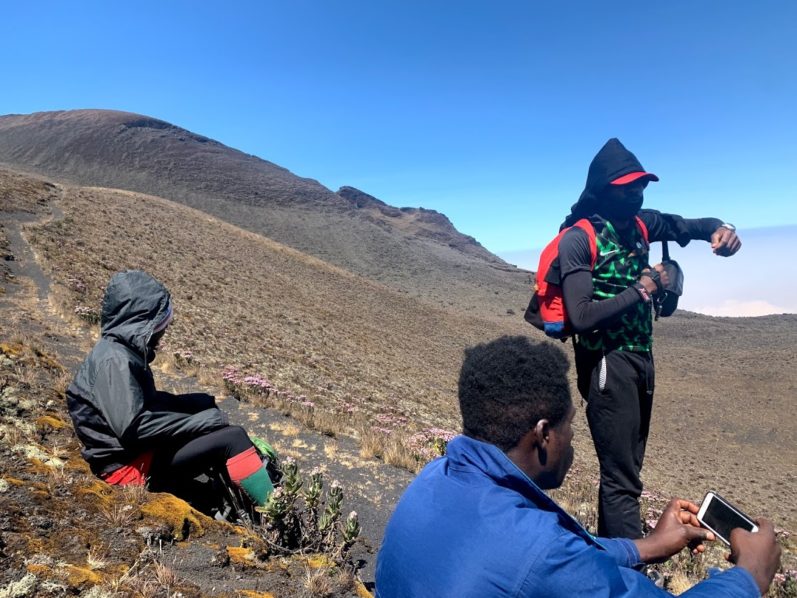
The beauty of backpacking is that you get to travel on a budget, and there are so many African countries you can start with if you’re on a budget.
Everything you are travelling with is arranged in your bag, your bag is your life. You have to be organised to fit everything in because throughout your trip you will be living out of a bag.
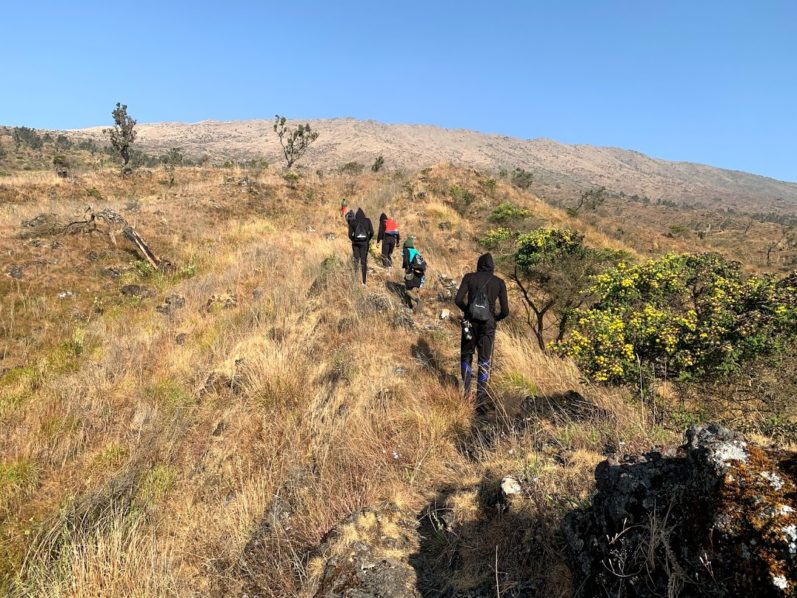
Accommodation:
One of the major cost of travelling is the money you spend on accommodations especially if you would be travelling longer. To make things easier, conduct proper research before you travel. The best places for a great experience are backpacking hotels. These are most times designed to suit a backpacking style of travel. You will find these acres in many major African cities. The beauty of these kinds of accommodation is that you get to meet other travellers from a different part of the world on a similar journey. A typical backpacking hostel goes for around 15-20$ (N5,400) per day. They mostly come with a shared room, kitchen and breakfast. Another option is travelling using Airbnb, you can get a good deal especially when travelling in a group.
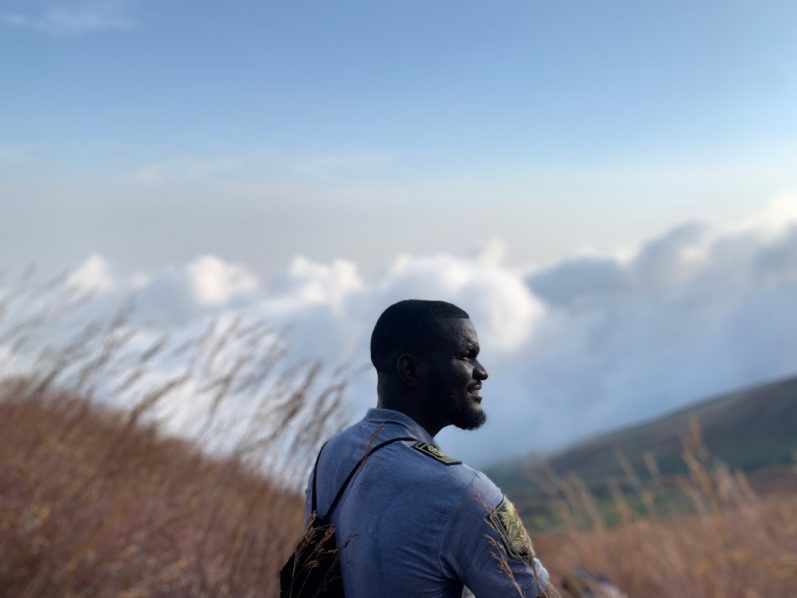
Pre-trip Preparations:
Research your destinations, learn about the culture, mark out the places, note things you will need for your trip, pack light as you would be carrying your backpack during most of your journey. Also, make a to-pack-list.
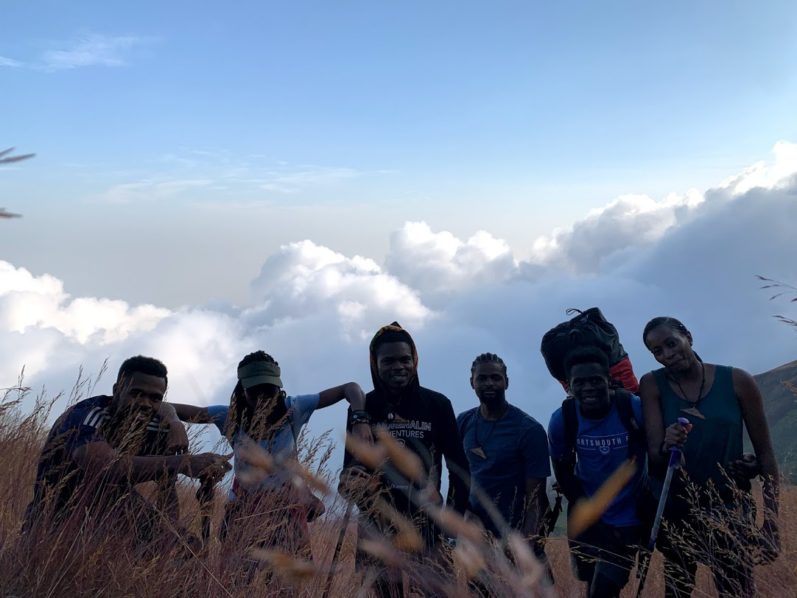
Tips on handling money:
If you’re travelling across West Africa or even another part of Africa, your ATM card will serve for most of your transactions. The bank mostly charges based on the current exchange rate with an extra charge for withdrawal which depends on your bank. Some bank charges N1500 per withdrawal, so it’s usually good to withdraw in bulk at once. Another alternative is exchanging your money into dollars before you travel at the Bureau de Change, and you can change it back once you get to your destination. This option is usually cheaper and cost-effective than the first.
Don’t forget to mingle with the locals, ask questions, be friendly and enjoy every moment of your travel.
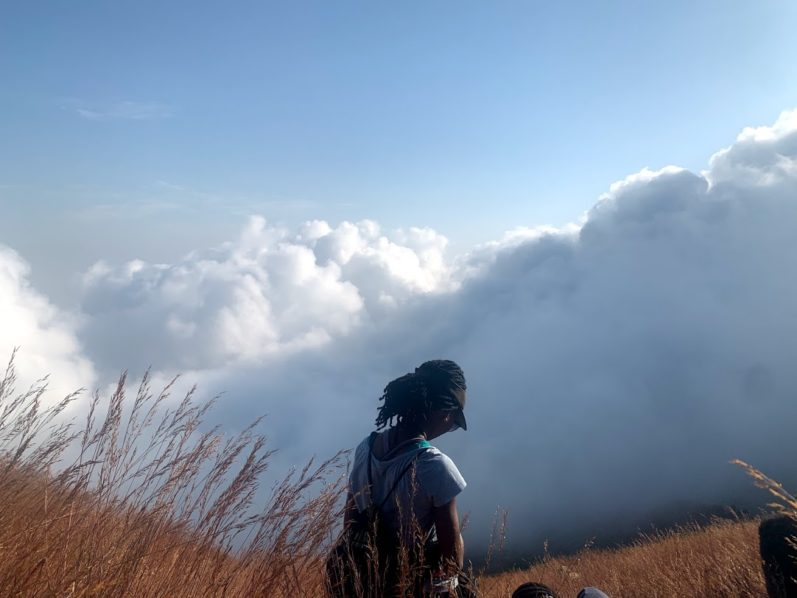
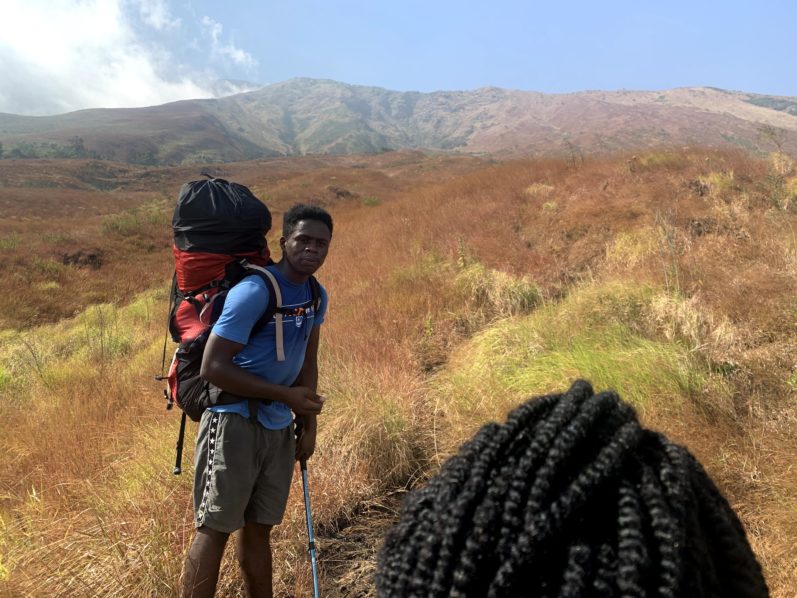
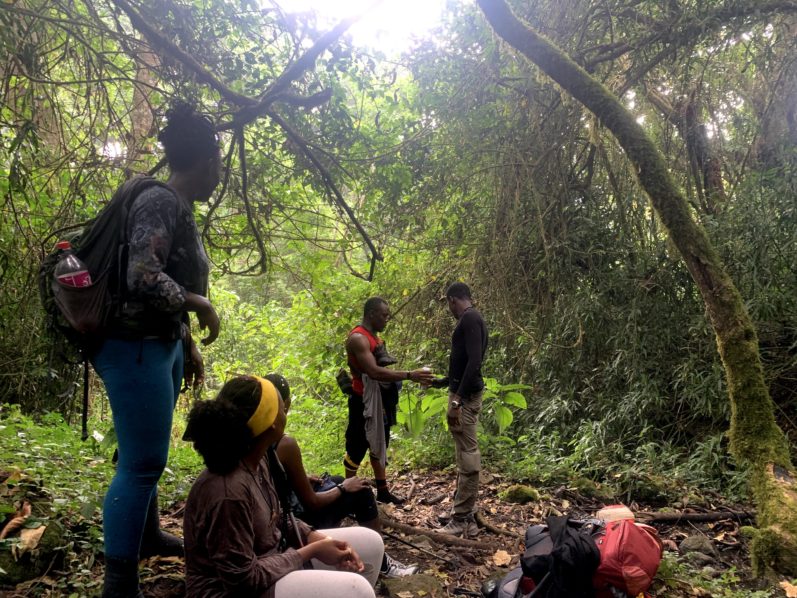
[ad unit=2]


